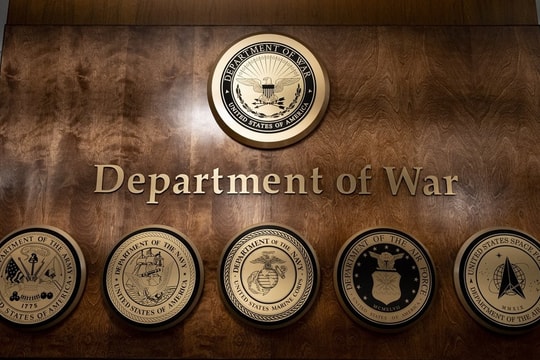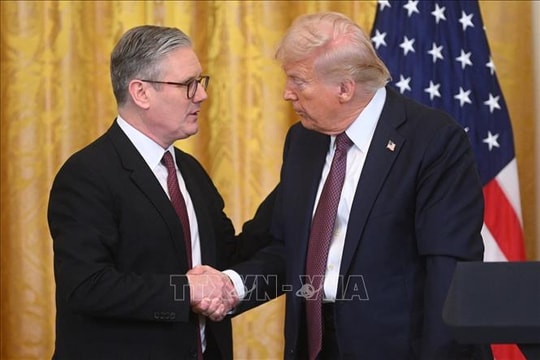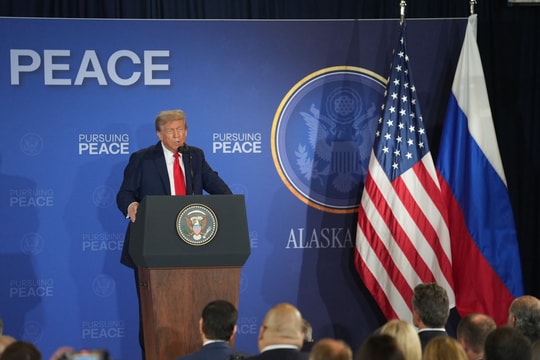Why did a lower-level federal judge block Trump's executive order?
The US system of checks and balances allows a lower federal court judge to issue a nationwide ruling and block a presidential order.
 |
James Robart. Photo: Patent Law Conference Munich International |
US Federal Judge James Robart in Seattle, Washington, on February 3 issued a ruling requesting a stay of the implementation of the main provisions of the immigration ban that President Donald Trump signed after taking office. This order prohibits people from seven predominantly Muslim countries from entering the US for 90 days and suspends the refugee acceptance program for 120 days.
The ruling came after Washington and Minnesota filed lawsuits, arguing that Trump's order targets Muslims and violates the constitutional rights of immigrants and their families.
The reason Judge Robart was able to block Mr. Trump’s decree is because the American government is designed according to the model of separation of powers. Congress holds legislative power. The President holds executive power, and the Supreme Court and lower courts hold judicial power.
The purpose of separation of powers is to create a system of checks and balances. Each branch can limit the power of the other so that no one branch becomes too powerful, ensuring that the power between the three is balanced.
The US federal court system consists of three levels: local courts - trial courts, district courts - the first level of appeal, and the Supreme Court - the highest level of appeal. These courts have the power to review whether a law or government regulation violates the Constitution or infringes on the individual rights of the people. This review must be through cases, that is, someone brings a lawsuit (in this case, the states of Washington and Minnesota), not the court itself brings a law or policy for review.
Federal judges and Supreme Court justices are selected and confirmed by the president with the advice and consent of the Senate. Judges serve for life, but many resign or retire early. They can also be removed by representative committees and Senate impeachment for misconduct.
James Robart was appointed to the federal bench in 2004 by George W. Bush. He serves on the U.S. District Court for the Western District of Washington, the lowest federal court. However, because he is a federal judge, he has the power to issue rulings that are binding nationwide.
In fact, the executive branch, whether led by Trump or previous presidents, has generally been reluctant to have lower federal courts issue nationwide rulings, according to Lawfare. The Obama administration once asked the Supreme Court to overturn a Texas district court judge’s ruling blocking the DAPA program (a policy that helps illegal immigrants avoid deportation).
After Mr. Robart made his decision, Mr. Trump repeatedly attacked the judge. On February 4, the US Department of Justice filed an appeal to the US Court of Appeals for the 9th Circuit (one level higher than Mr. Robart's court) to request that Mr. Robart's ruling be reversed. However, the appeals court rejected the request to immediately restore the entry ban. The court asked the plaintiffs, the states of Washington and Minnesota, and the appellant, the US Department of Justice, to submit additional information with deadlines of February 5 and February 6, respectively.
According to VNE
| RELATED NEWS |
|---|








